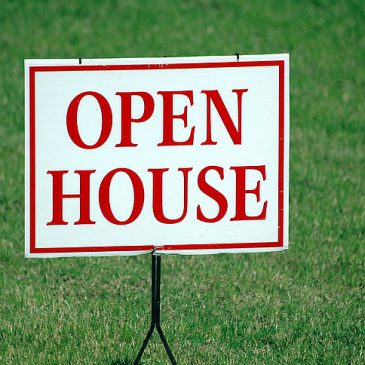Getting Some Help for the Biggest Purchase You’ll Ever Make
Buying a home is complex process, and going through the many steps for the very first time can be even more difficult, especially if you’re not prepared. On average, the typical buyer takes 10-12 weeks to find the right home, and views about 10 homes before finding what they consider, “the one.”
Whether you got lucky on day one or you’re trying to figure out just how long the long process is going to take before you even get started, you’ll want to pace yourself through the upcoming marathon. Read the rest of this article now to learn more about just how long the home buying process should take when you’re doing it for the first time.
Shopping Around for Your First Home
Before you get started, consider what you want from your residence —and more importantly, what you can actually afford. From there, you’ll need to find a licensed real estate agent who can help you navigate the local market, negotiate your home’s final price, and finalize all the necessary paperwork (of which there will be a lot).
Take your time finding the right agent and consider asking your mortgage loan officer for any personal or professional recommendations they may have.
The financing you secure from your mortgage loan officer will then shape what kind of home (and how much of it) you can shop for, but don’t rely solely on loans without your own savings in place. Before you get started, you’ll want to have a savings account with at least three to six months of emergency living expenses in place.
Next, you will need to figure out how much mortgage you qualify for. Don’t let lenders surprise you with a loan $100,000 less than what you thought you could afford, and make sure to get preapproved for a loan before placing an offer.
Hidden Expenses Involved With Buying a House
On top of the house’s monthly mortgage payment, you will also need to factor in property taxes, homeowners insurance, and home improvement costs. Remember that your down payment, closing costs, and move-in expenses will quickly add up, as well.
For example, even putting 3% down on a $250,000 home will amount to as much as $7,500. Then you will have another 2% – 5% fee on your total loan amount required to finalize your mortgage.
Mortgage Resources Available to You
Different types of mortgages are backed by different federal departments of the government. As a result, the kind of mortgage you choose depends on where you’re buying and your financial health.
As a new buyer, you may opt for a conventional mortgage, which is not backed by the government, but will require as little as 3% down. The mortgage term will also be important, as 30-year fixed rate terms are popular, but sometimes carry higher interest rates. Alternatively, a 15-year term will have lower interest rates, but higher monthly payments for the life of the loan.
First-Time Home Buyer Assistance
The good news is that there are several systems in place to encourage first-time home buyers. These programs couple low-interest mortgages with down payment assistance and even closing cost assistance. On top of all that, you’ll be eligible for a tax credit that could help you save more.
Finalize the Home Buying Paperwork
Once you’ve found the right home and mortgage, you’ve made your offer, and you’ve signed the papers, it won’t be long until the home buying process is finally over. The last steps are to book a home inspection and appraisal, which should only take a few days to find but are key to finalizing your mortgage.
From there, you’ll need to secure the best homeowner’s insurance you can afford and get ready to close on your home. While the closing process can take a few weeks, if you’ve done your research and prepared well, you can rest assured that in a just a few days, you’ll finally be moving into your new home.



